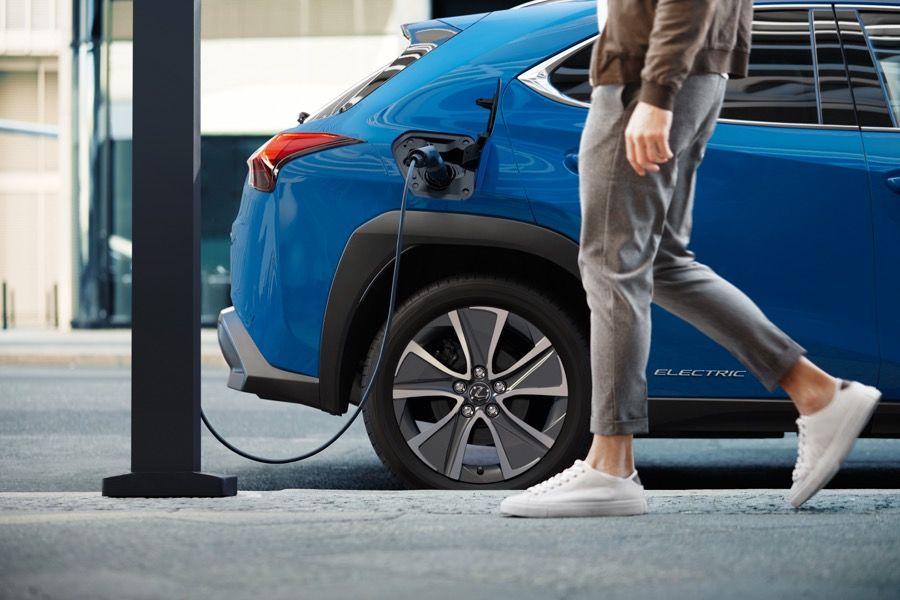
The UK government is setting a policy to ban new sales of gasoline and diesel vehicles, including hybrids. However, there seems to be a possibility to start implementation as early as 2032. The UK government overturned the auto industry in 2017 by unveiling a plan to ban the sale of new gasoline and diesel vehicles by 2040.
And on February 4, it announced plans to ban the deadline from 2040 to 2035, five years earlier. Accordingly, the British Automobile Manufacturers Association expressed doubts and announced that the planned period setting only destroys the present value. But instead of hearing this opinion, Prime Minister Johnson said the plan should be implemented by 2035 as early as 2032. It is said that 2032 is also written in the actual survey report.
In the UK, among new car sales in January 2020, diesel cars decreased by 36% compared to the same month last year and gasoline cars decreased by 9%. The plug-in hybrid vehicle PHEV, recently focused by European automakers, recorded an increase of 111.1%, more than doubled the same month last year. In addition, the BEV of pure electric vehicles increased by 203.9%, more than three times.
However, of course, the total number of new cars sold within one month is 149,279 units, of which only 4,788 BEVs are only 3.2% of the total. The British government’s plan is to raise this to 100% within the next 12 to 15 years. Otherwise, the British government and the prime minister explained that the zero-emission society, which was targeted until the middle of this century, cannot be realized.
At the COP26 launch event at the 26th General Assembly on Climate Change on February 4, Prime Minister Johnson emphasized that when the deadline of 2035 is reached, it is time for the country to act at the global level. In the UK, car brands such as Jaguar Land Rover, Rolls-Royce, and Mini are producing cars. The British Automobile Manufacturers Association is concerned that even if all cars sold in the UK are converted to BEVs, it will be difficult to retain all current UK automakers. It is also pointed out that the UK is still slowing the supply of public charging facilities compared to Europe, and that there are fewer charging stations outside of urban areas like London. This is the reason why the British government is not simply banning the sale of vehicles equipped with internal combustion engines, but that the state should protect employment and improve infrastructure together.
The UK government says banning the sale of new cars with internal combustion engines will help attract many companies to the UK by creating new markets as well as reducing emissions. It is also proposing to build a huge battery factory in the UK. However, after the UK’s withdrawal from the EU was decided, the auto industry felt uneasy. Concerns that the inability to move freely between the UK and Europe in the future could lead to more automakers shutting down UK factories or reducing production, and also including the employees working here, as well as suppliers supplying parts, and surrounding areas when car factories are closed. That could hurt a lot of employment. Related information can be found here .


















Add comment